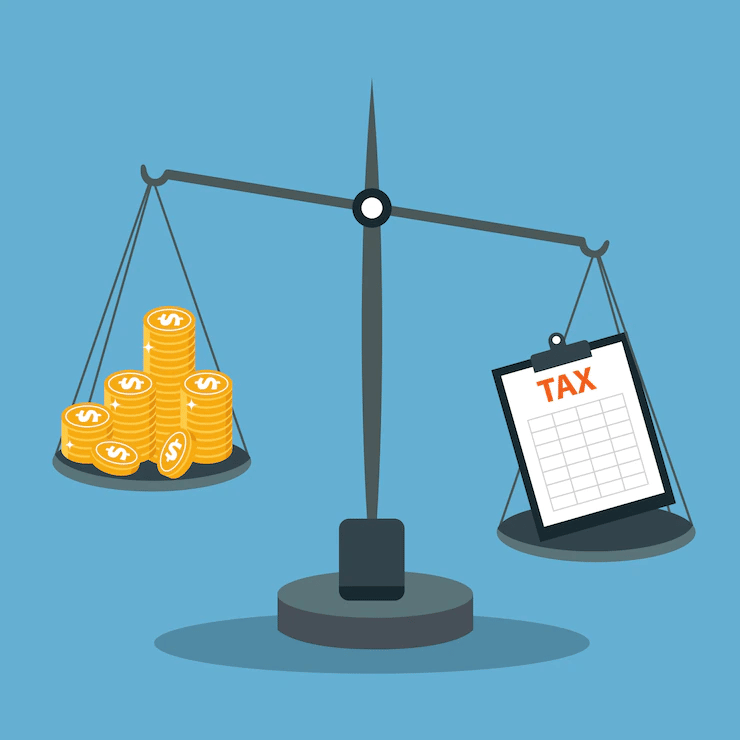
After performing a business valuation, the next step is considering your tax bill. It is important to look at the task aspects to gain more skillfully. Paying fewer taxes means you will sell your business at a profit. Note that you will also be taxed from the profits after selling your business. Depending on the type of transaction, you will either pay capital gains or ordinary income tax. When you sell your business assets, you will pay capital gains tax. However, you must pay ordinary income tax for consulting agreements such as business valuation.
Consider negotiating the value of tangible and intangible assets when selling your business. Intangible assets such as goodwill form part of your business valuation. The values you allocate to these assets will determine the income or capital gains tax you will pay. Moreover, the valuation will impact the amount of tax your buyer will incur. The value and allocation of various asset components require compromise and negotiations. Ensure that the taxes you pay with your buyer are far from both of you.
When transacting, the amount of tax will depend on your profit margin. Your profit will depend on the difference between your sales and the tax basis. Generally, the tax basis is the cost of the assets, additional capital, and selling expenses minus depreciation. Your income from sale includes the sale price of the business and the liabilities your buyer incurs.
It is important to allocate most of your purchase price to limit the amount of tax. When you allocate these prices to capital assets, you will only pay capital gains tax. The proceeds you incur from selling a capital asset incur capital gains tax. The capital gains taxes are normally lower than the ordinary income taxes. Moreover, you will pay less tax when you have held your assets for more than a year because of this.
However, your assets will be treated separately if you have a proprietorship, partnership or limited liability company. In the case of a corporation, you can structure a stock sale for your business. The best way to limit the amount of tax is to lump some of your assets together. For example, you can treat various assets in categories such as production, furniture, and office equipment. However, some items might not be eligible to attract capital gains tax. In this case, you will have to pay ordinary income tax. Consider performing proper business valuation to get the highest amount when you sell your business.
After you have sold your business, the buyer can amortize or depreciate the value of the assets. Since assets depreciate at different rates, your buyer must allocate more value to the highly depreciating assets. Your buyer can allocate less value to items that take more than fifteen years to depreciate. These are normally tangible assets such as buildings and intangible assets such as goodwill. When performing a business valuation in Texas, ensure that you follow IRS rules to avoid problems with taxes.
Some assets may be taxed as ordinary income tax rather than at the capital gains tax.
You may postpone your tax for installments until you receive the full sales amount.
The sale of corporations may incur double taxation due to the structure and the sale of stock value.
You can organize a tax-free merger if you sell a corporation to another.
When performing a business valuation, ensure that your assets attract capital gains tax. Most often, capital gains tax attracts less liability than ordinary income tax. You can consider assets for capital gains tax, including tangible assets such as inventory, machinery and real estate. Intangible assets in this category include trade name, accounts receivable and goodwill.
Unless your business is a corporation, you can negotiate for capital gains tax after having a sales contract. Always follow the IRS rules when transferring the ownership of your business. You must have the same business valuation allocation as your buyer.
When transacting, your buyer may negotiate for higher deductibles to agreements and depreciation for higher cash flow. The process will reduce the tax bill to your buyer. However, as a seller, you will be interested in increasing the value of assets. The allocation of more value to assets will attract more capital gains tax and less ordinary income tax. You will pay fewer taxes on high-value long-term assets.
Gains on the depreciation of an asset attract ordinary income tax. The buyer recaptures the value of the assets by having fewer liabilities on the tax bills. The asset depreciation is this recaptured by the buyer.
The IRS has recently introduced rules on the valuation of tangible assets. The assets must be valued at fair market value. The following is the order of valuing the assets:
You can spread your tax bill by selling your business in instalment payments. It allows you to pay your capital gains tax in instalments. The arrangement allows you to defer the taxes for a few years till the payment is due. However, this arrangement cannot be used when you sell your business at a loss.
When performing your business valuation, you must allocate various assets to attract fewer taxes. Consult a certified tax advisor if you want a high business valuation and remit the least taxes. Wiley Financial is certified and has a wide experience in business valuations and tax matters. Contact us today for advice and a business valuation for any industry.
Wiley Financial Services is a full-service accounting firm, specializing in Business Appraisals and Business Valuations, that has over 20 years of experience with a variety of industries ranging from restaurant, biomedical, manufacturing, advisory firms, nurseries, event design firms, IT firms, and many more. Wiley Financial is based in Oceanside, CA and we primarily service clients across the Western United States from our San Diego office.